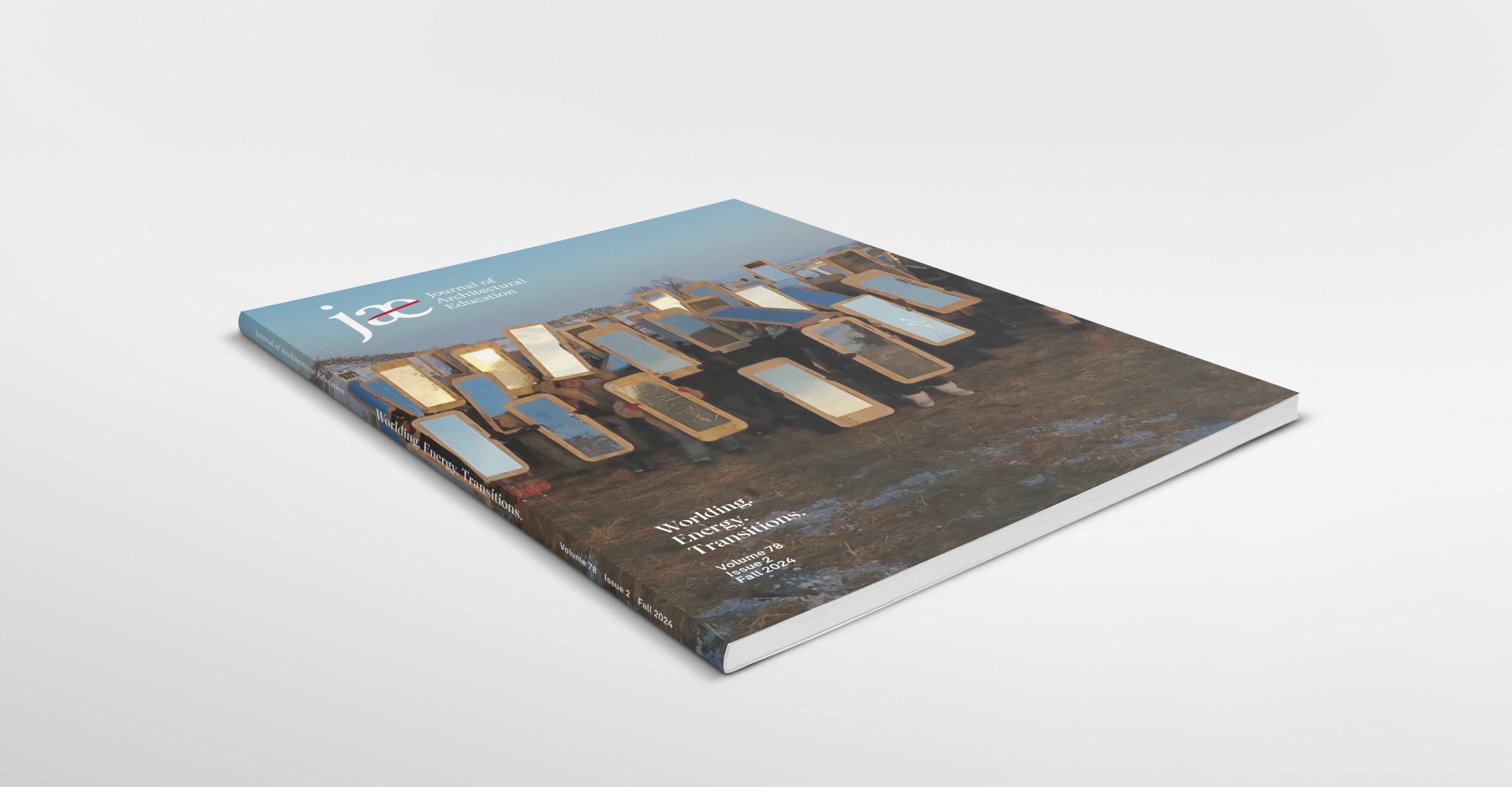
I recently taught a class titled “World’s End.” In the class, we read both postapocalyptic literature, standard zombie fare, as well as more speculative works that imagine how worlds end and how other worlds emerge. The category of ‘world’ is itself under scrutiny here, and “end,” as in “end of the world,” is itself a rather loose temporal marker. But the idea of “world’s end” is designed to break with the continuity of history, the forward momentum of progress and the endless focus on individual survival. Many of the novels and films on my syllabus actively imagine the collapse of the world crafted by global capitalism, and a few offer alternatives to it. The power of the speculative work I have assembled under the heading of “world’s end,” however, is not that it serves as an archive for world-building according to a feminist or queer agenda, but instead, most of it advocates very forcefully and specifically for world-breaking, world-unbuilding and for a dismantling of life as we know it.
Continue reading:






